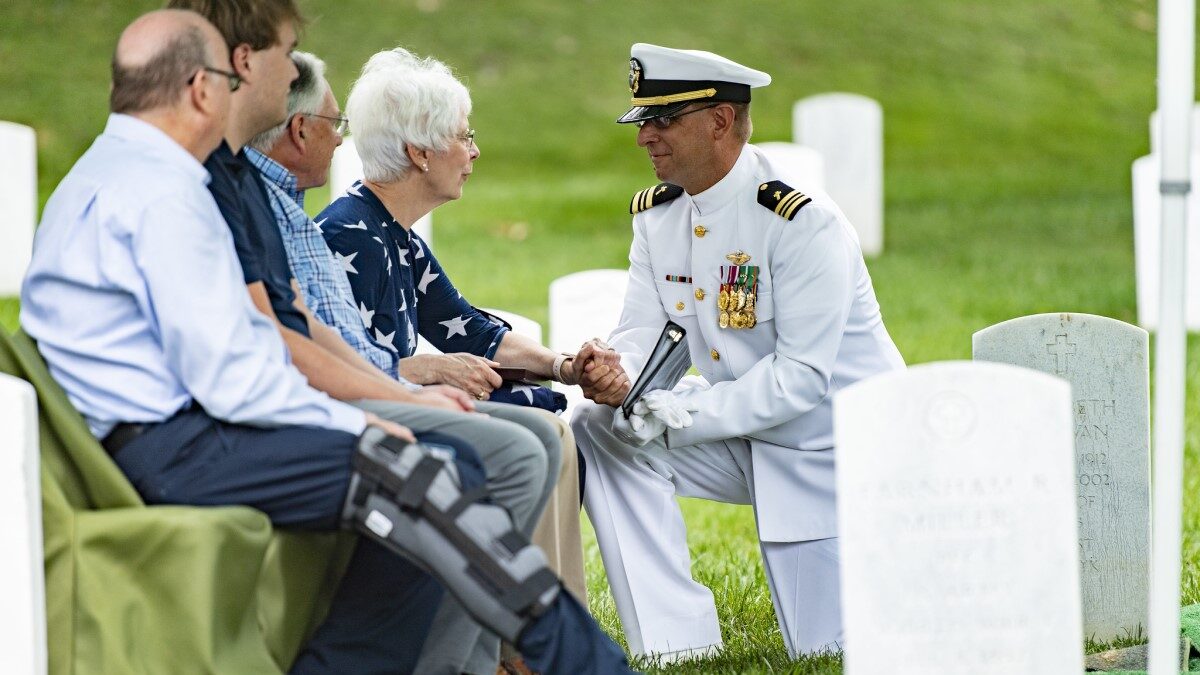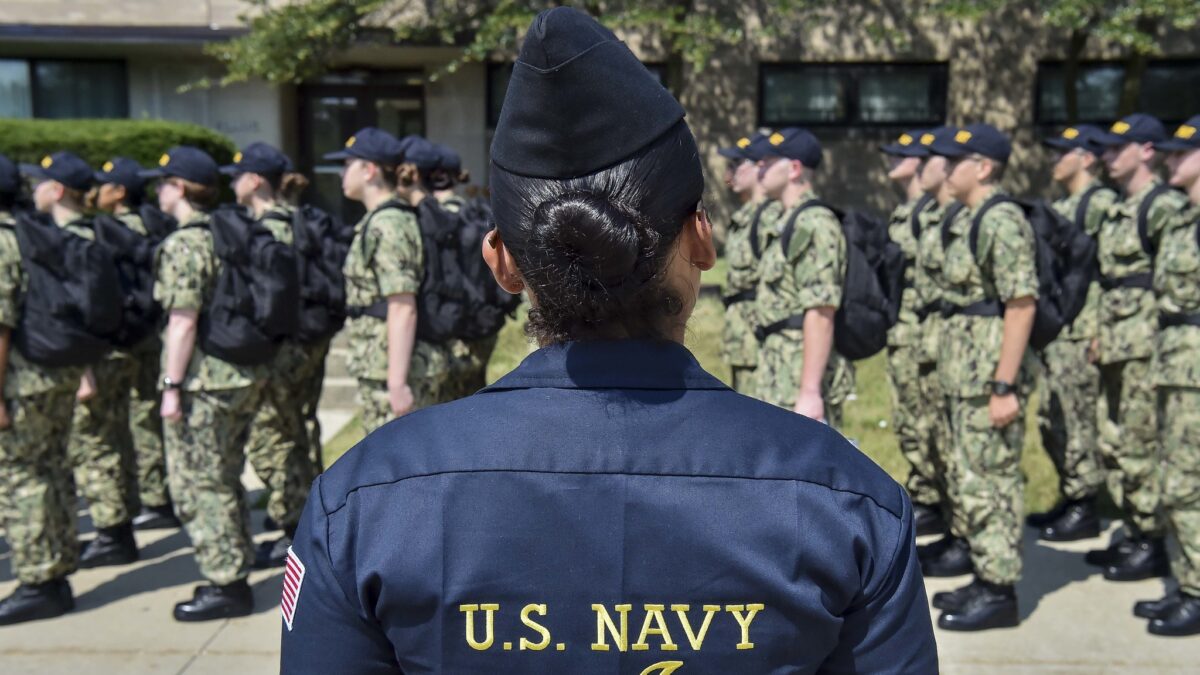The U.S. Army’s recruitment efforts are so dismal, it is now asking soldiers it previously dismissed over the Covid vaccine requirement to come back. Earlier this year, the Pentagon rescinded its Covid vaccination mandate entirely. These decisions not only reflect the Army’s urgent need to attract new recruits but also underscore the evolving landscape of military service in modern America. The armed forces must adapt to changing societal norms and expectations, a challenge that extends far beyond mere numerical recruitment targets.
The ongoing military recruitment crisis transcends simple statistics, mirroring our national character and the shifting values of our society. Military service, which was once a unifying American experience cutting across class and geography, now appears increasingly alien and less understood by the civilian populace. This detachment is not just physical but also cultural and emotional. For many, the inherent valor and sacrifice of military service seem distant, perhaps even anachronistic, qualities that were once central to our national identity.
This struggle for recruitment illuminates deeper societal shifts. The traditional appeal of military service, anchored in notions of patriotism and duty, now competes with a changing job market and a new generation’s redefined sense of purpose. Young Americans navigate a world with unprecedented information access, diverse opportunities, and evolving definitions of societal contribution. Against this backdrop, the military, with its rigid structures and demanding commitments, may struggle to resonate.
Sobering statistics quantify the challenge: In fiscal 2023, only the Marine Corps and the Space Force met their recruitment goals. The Army, Air Force, and Navy fell short, with the Army expecting to miss its target by 10,000 recruits and the Navy by 6,000. Even more striking, the Air Force faces a potential deficit of 27,000 recruits, while the Air National Guard anticipates a shortfall of 4,000. These figures underscore the growing disconnect between military service and the aspirations of a new generation.
The historical trajectory, from World War II’s shared national duty to the Vietnam War’s shift, is key to understanding the current crisis. The draft’s controversy and subsequent dissent drastically changed public perception, culminating in 1973 with the transition to an all-volunteer force. This shift from conscription to volunteerism, symbolizing a move from unifying civic obligation to one of many career options, highlights the dynamic interplay between military service, societal values, and historical changes, informing the challenges in modern recruitment.
Compounding these challenges is a significant policy shift post-9/11. Prior to these events, the U.S. armed forces welcomed recruits from any nation, embracing a diverse, global cohort. However, post-9/11 policies instituted residency requirements, narrowing the pool of eligible candidates. This change, aimed at enhancing security, inadvertently shrinks the recruitment base and excludes a once-accessible international talent pool. The shift reflects a broader narrative of national security and identity, affecting the military’s ability to attract a wide range of perspectives and skills crucial in modern warfare.
Another layer is our collective unease with international affairs and the U.S. military’s global role. Endless wars have left scars, both on veterans and the national psyche, leading to introspection about our global footprint. This introspection, while healthy, may also contribute to a reluctance among young people to join an institution at the heart of these complex, often controversial engagements.
The evolution of warfare in the digital age, with its new challenges and opportunities, demands recruits proficient in digital skills, and adaptable to rapidly evolving combat environments. As conflicts increasingly incorporate advanced technology, cyber capabilities, and unmanned systems, the skills required for modern military service are undergoing dramatic changes. This shift toward technology-centric warfare may appeal to young Americans, who are often immersed in a tech-savvy culture.
However, the traditional image of military service, typically associated with physical prowess and ground combat, may not resonate with these new, tech-focused roles, potentially deterring skilled individuals who do not see themselves fitting the conventional military mold.
This crisis is more than a Pentagon issue; it’s a mirror reflecting our societal values, aspirations, and doubts. It compels us to question the alignment between our national institutions and the evolving ethos of the country. Are we, as a nation, providing the right incentives, fostering the necessary understanding, and nurturing the sense of shared purpose that once made military service a common, respected choice?
This is not just about boosting numbers or meeting quotas. It’s about bridging divides, both real and perceived, between the military and civilian worlds. It involves reengaging with service in ways that resonate with a new generation. And perhaps most importantly, it involves reexamining our role in the world, our priorities as a nation, and the values we cherish and wish to uphold.
As we ponder the military recruiting crisis, we’re invited to a broader conversation about America and ourselves. It’s a conversation about our identity, our place in the world, and the legacy we aspire to leave. The answers we find will shape not just the future of the military but the very fabric of our society.









